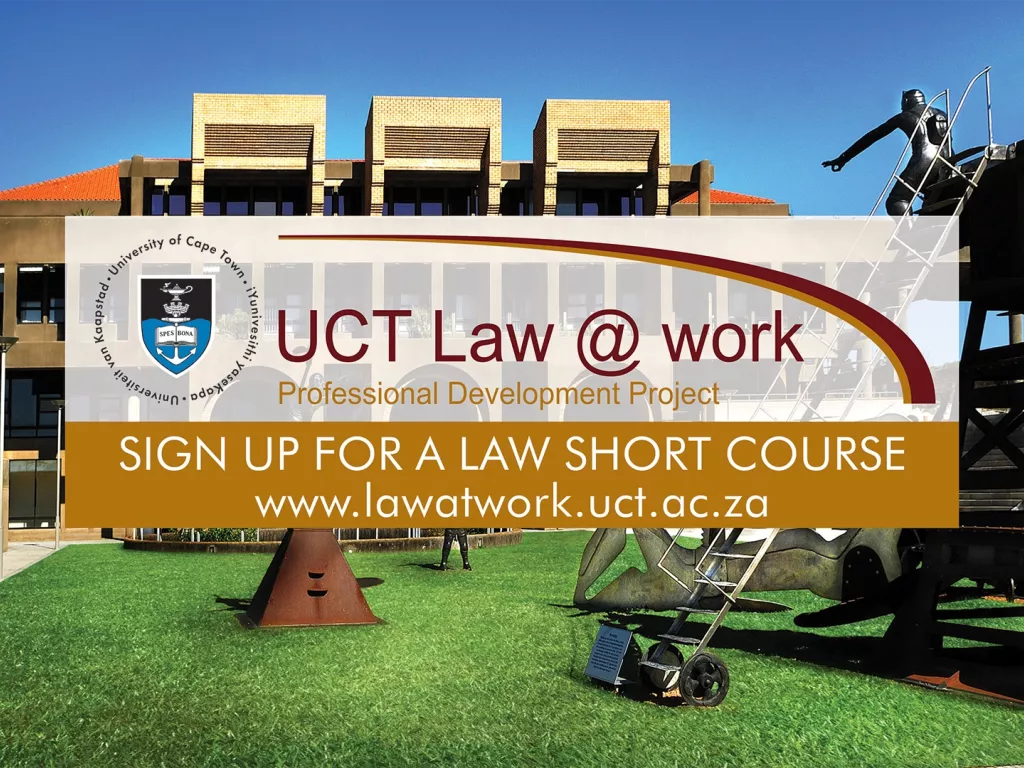Estate planning and wills


Estate and financial planning is not a once-off process and in most instances the scope of the planning will lie somewhere between the elementary and the comprehensive, depending on the size and the complexity of the planning that has to be done.
An estate and financial plan has to incorporate not only the needs and preferences of the estate owner, but also the existing law, tax legislation and economic factors. All these factors have a bearing on each subsequent step in the process.
It is important that all concerned in the estate planning process should have a good understanding of:
Join us for an eight-hour course, held over four days, which will provide the foundation for good estate planning and its culmination in a will that reflects the true intention of the testator or testatrix. The course will illuminate the law and how these legal principles apply in practice, by means of a case study.
This course will be held remotely, most likely on Zoom - exact details will be sent to registered participants a few days before the course.